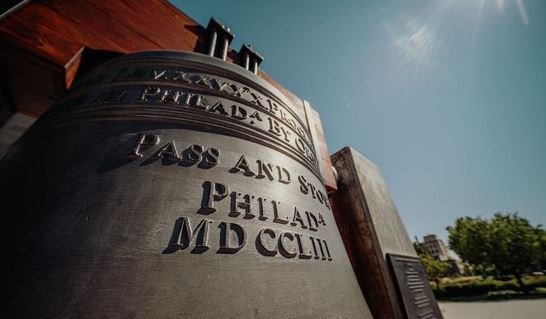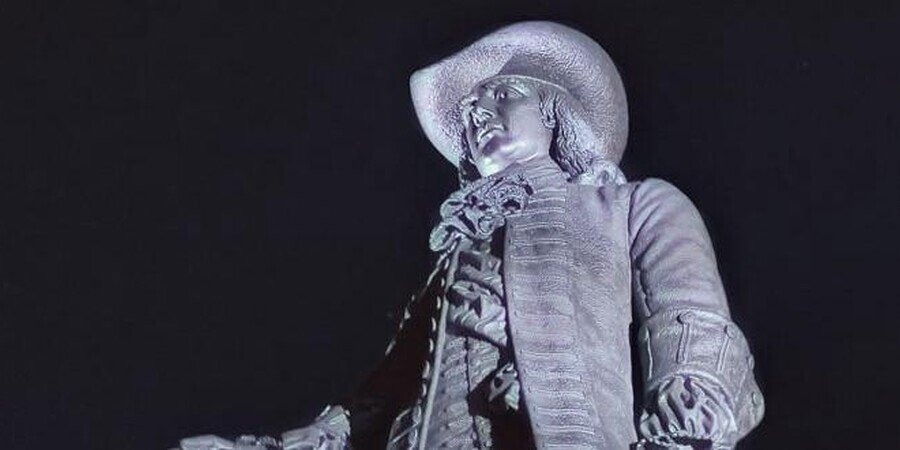PENNSYLVANIA - While Harrisburg is currently recognized as the capital of Pennsylvania, the state's original seat of government was located elsewhere. In fact, Pennsylvania's capital has moved several times throughout its history, reflecting the region's evolving political and social landscape.
Pennsylvania's First Capital: A Journey Through Colonial History
Chester: The First Meeting Place: The first capital of Pennsylvania was Chester, a small town located along the Delaware River. Founded in 1682 by William Penn, the colony's proprietor, Chester served as the meeting place for the first Pennsylvania Provincial Assembly. This assembly, composed of elected representatives, played a crucial role in establishing the colony's government and legal framework.
Philadelphia: The Birthplace of a Nation
As the colony grew and prospered, the capital was moved to Philadelphia in 1683. This bustling port city, located at the confluence of the Delaware and Schuylkill Rivers, quickly became the center of Pennsylvania's political and economic life. Philadelphia's significance grew further during the American Revolution, as it hosted the Continental Congress and witnessed the signing of the Declaration of Independence and the U.S. Constitution.
Lancaster: A Temporary Capital
In 1799, concerns over disease outbreaks and overcrowding in Philadelphia led to the temporary relocation of the capital to Lancaster. This charming town in the heart of Pennsylvania Dutch Country served as the state capital for ten years.
Harrisburg: The Permanent Capital
Finally, in 1812, the capital was moved to Harrisburg, which has remained ever since. On the banks of the Susquehanna River, Harrisburg offered a more central location and ample space for the growing state government. The city's strategic position along significant transportation routes also contributed to its selection as the permanent capital.
The Legacy of Pennsylvania's Capitals
Each of Pennsylvania's former capitals holds a unique place in the state's history and heritage. As the first meeting place for the Provincial Assembly, Chester represents the foundations of Pennsylvania's government. As the nation's birthplace, Philadelphia is steeped in revolutionary history and symbolism. As a temporary capital, Lancaster reflects the challenges and concerns of a growing colony. As the current capital, Harrisburg stands as a symbol of Pennsylvania's progress and prosperity.



